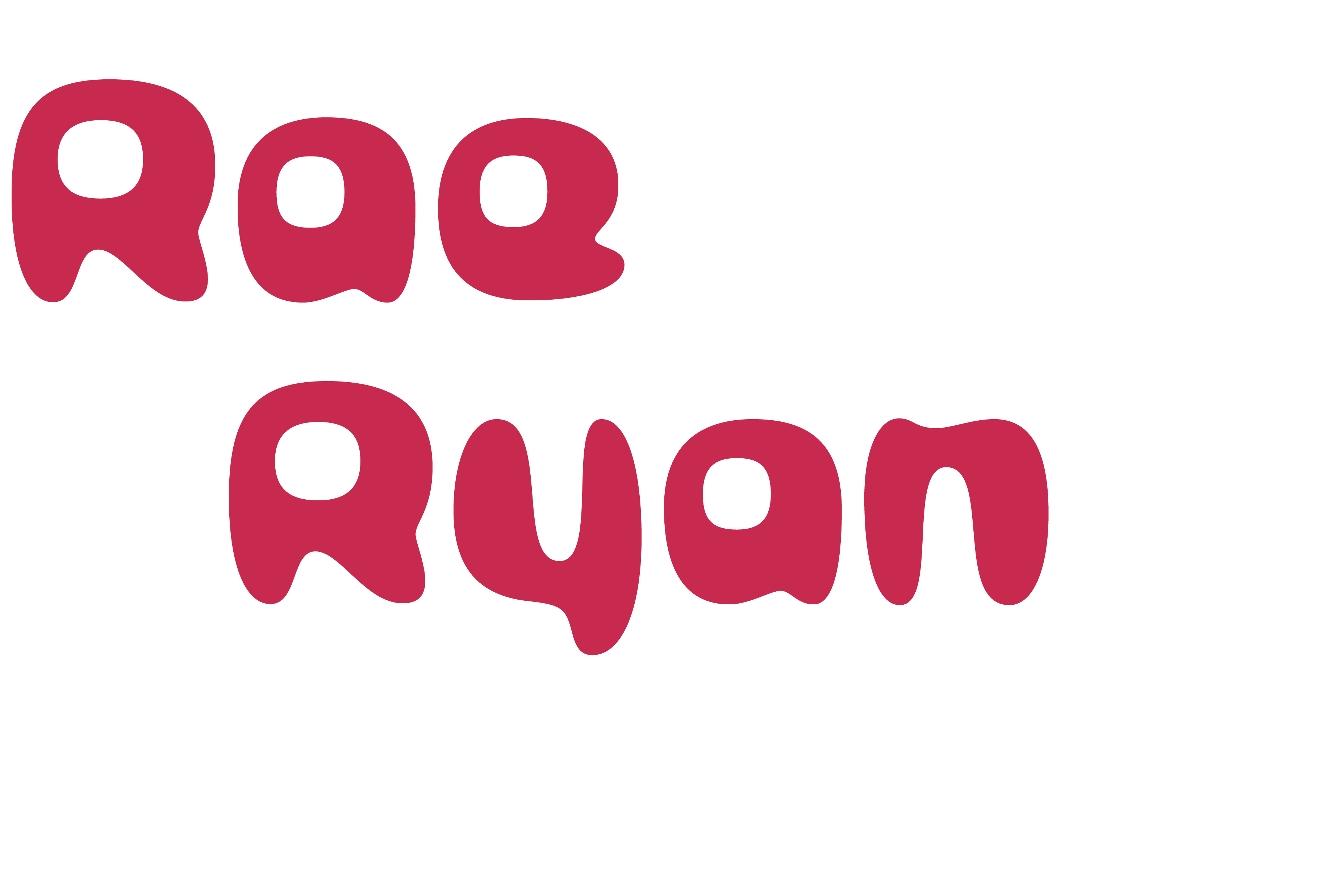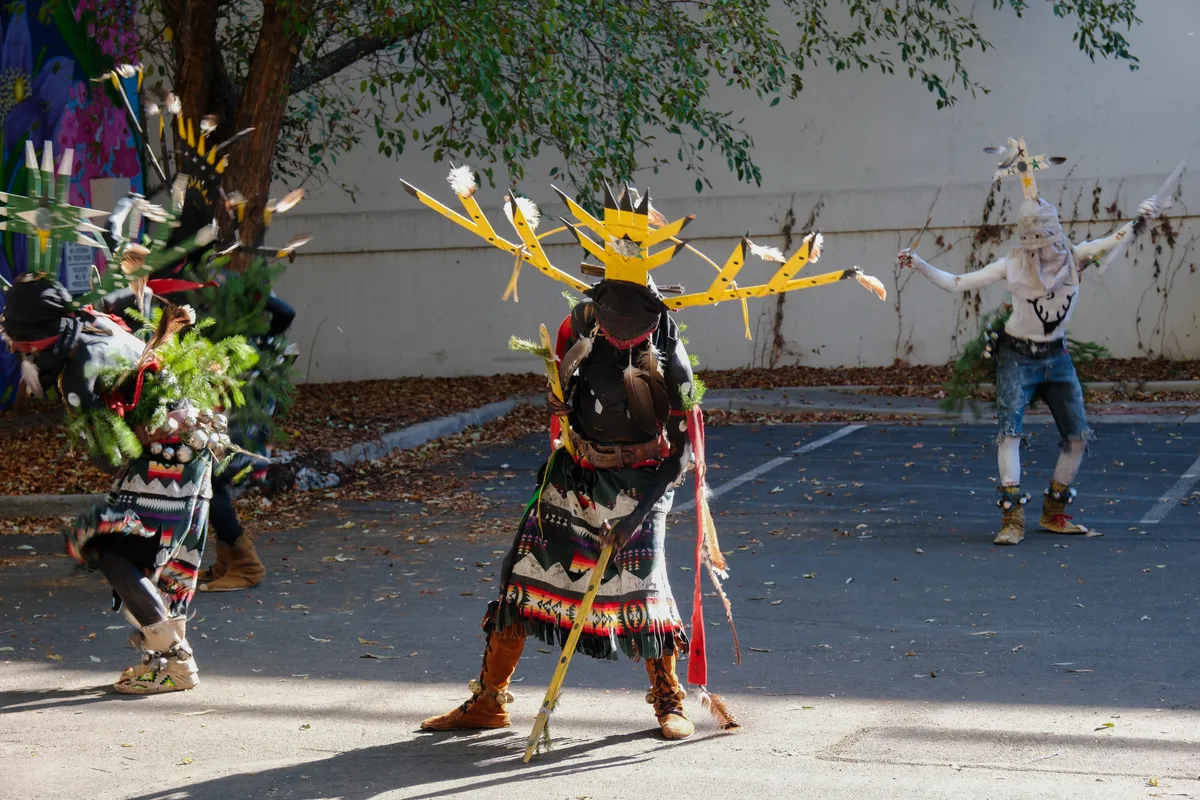Memoir’s fall into two general categories I like to call celebrity and Shit Went Down. Celebrity memoirs are household names telling their personal stories. The interest lies in pulling back the mainstream media curtain and getting all the gritty details of a celebrity’s life from their own perspective.
Shit Went Down are memoirs about everyday people who overcame adversity in their lives and have an interesting story to tell. This category has its own sub-sections. The first is a wild, life-changing event, like getting stranded on Everest or surviving a Tsunami. As you can see, these are often disaster stories and much of the book recounts the event and includes a compelling backstory.
The other is what I like to call an enduring truth. These are personal tales of someone’s life who’s struggled through sustained adversity, and they want to relay a lesson worth learning.
In the book In the Dream House: A Memoir, author Carmen Maria Machado recounts her experience in an abusive queer relationship to shed light on the often erased and taboo reality of such relationships. It happens and we need to talk about it. Heavy by Kiese Laymon tells a personal story about a Black boy dealing with sexual violence who grows into a man navigating a difficult relationship with his mother, his weight, and society’s expectations of Black men. In both these cases, the memories are lyrical and rich with analogy and allegory.
They can also be straightforward, using plain language to either speak to a specific audience clearly or because the subject doesn’t leave room for lyricism. In All Boys Aren’t Blue: A Memoir-Manifesto George M. Johnson recounts his experience growing up as a Black, queer youth and the abuse he suffered alongside the joy of family to let other Black, queer kids know they aren’t alone and educate young allies. And this brings me to They Called Me a Lioness: A Palestinian Girl’s Fight for Freedom by Ahed Tamimi. Ahed recounts her teenage experience under Israeli occupation in Area C of the West Bank.
Her story takes a singular event for which she became famous, rewinds the clock and starts the story from the beginning. The language is clear and precise, with few analogies and no literary flourishes. She is telling you exactly what happened, and that truth cut me to the bone. When I was sixteen, I had to be forced, pouting and annoyed to attend my high school dance. She spent sixteen being tortured by Israeli soldiers, followed by eight months in prison for slapping a soldier whose regiment had just shot her fifteen-year-old cousin in the head with a rubber bullet at close range that altered him physically and emotionally for life.
But her story doesn’t start there. She begins by telling her audience a very brief history of the Israeli occupation. She then tells the history of her town Nabi Saleh and the illegal settlement that stole the town’s water, inciting peaceful protests that turned violent through Israeli military intervention. The events that followed describe her firsthand experience of apartheid, discrimination, violence, humiliation, torture, wrongful imprisonment, and murder.
The power of memoirs is to give a voice and a face to universal human struggle, the struggle to not only survive in the shadow of insurmountable odds, but to stand up and fight back through storytelling. Facts and figures get lost in the deluge of the human brain. Storytelling, either visual or literary, puts us in another person’s shoes. It’s a depressing human quality to demand an exchange of visceral pain for empathy. Even more depressing, the suffering of Black and brown people doesn’t elicit the same horror as the suffering of white and white-presenting people.
This knowledge, however, is the first step to deconstructing and decolonizing our own minds. We didn’t get here on our own; we weren’t born this way; we were born into this way. Reading books like They Called Me a Lioness and the other books I mentioned are how we unlearn our deeply held prejudices. It’s easy to find these truths depressing and throw up our hands, surrendering to the overwhelm. What’s hard, and worth doing, is seeing the surface level inequalities and digging deeper to pull them out at their roots.
/rae/


